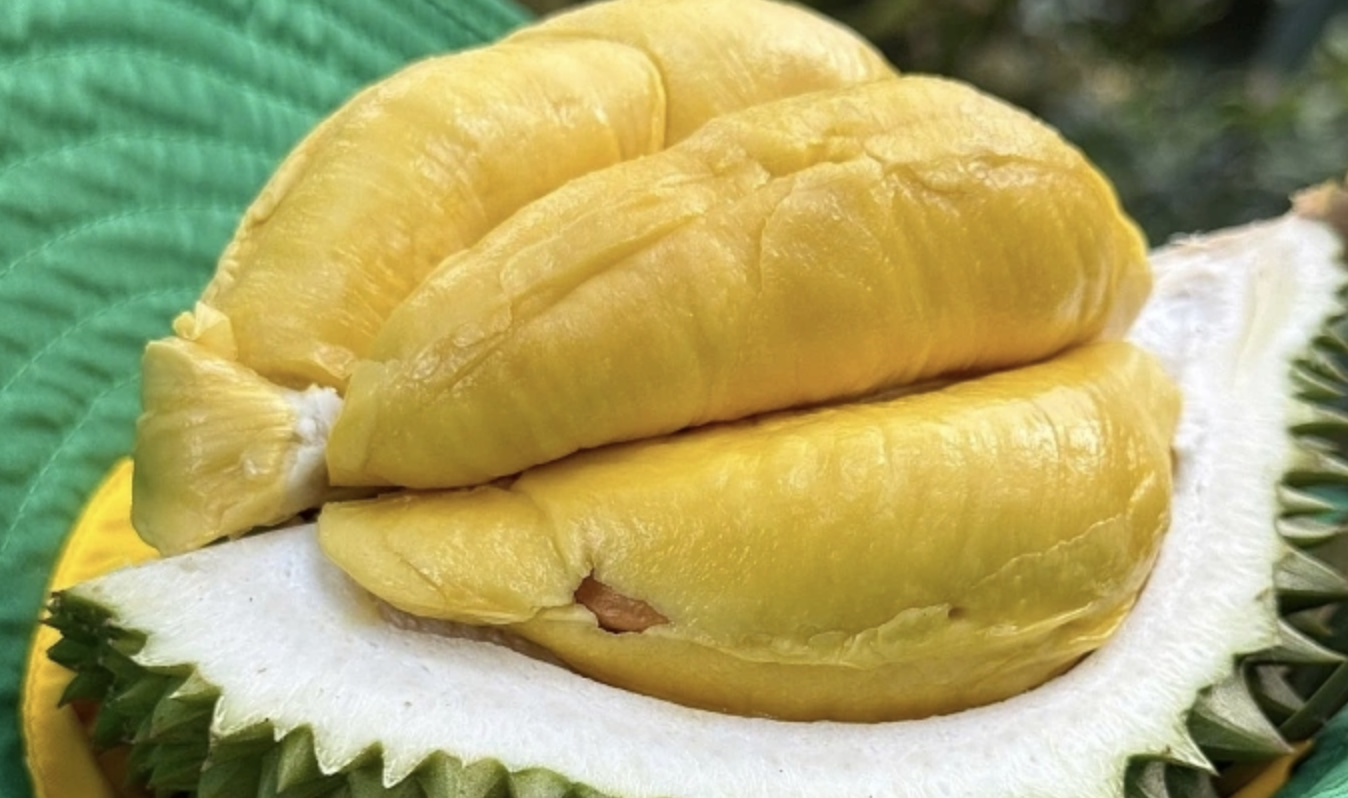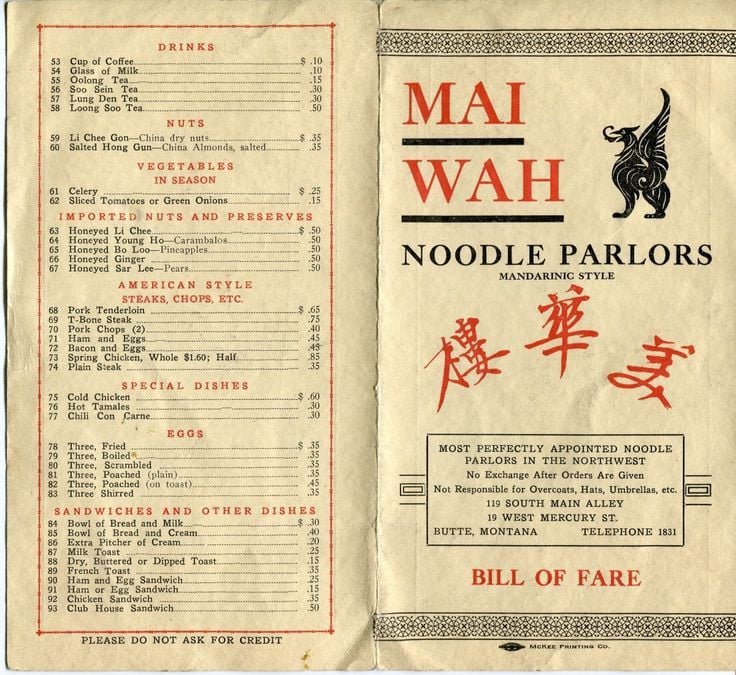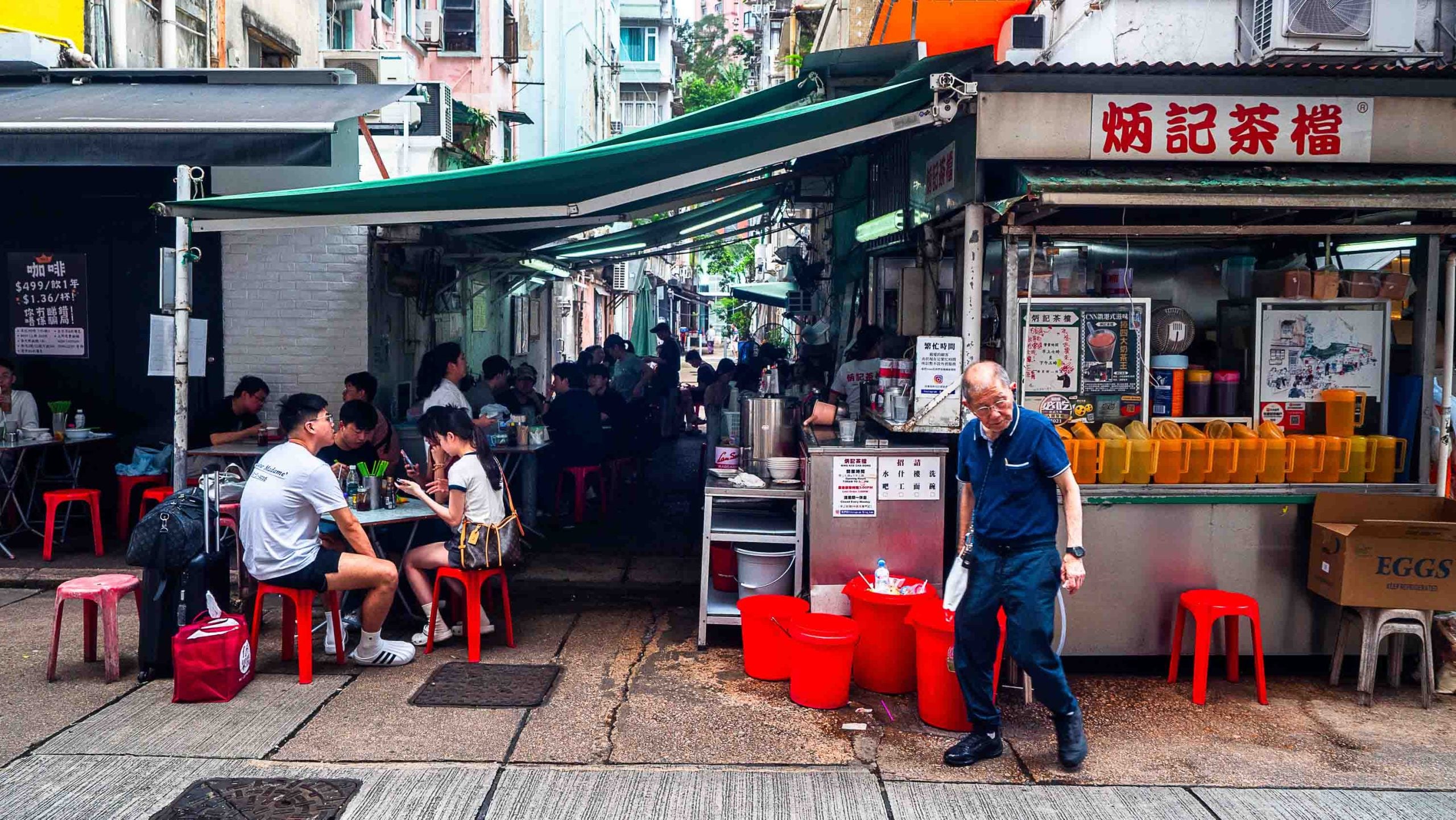Chinese Takeout is a bite-sized, biweekly RADII feature that examines Chinese food from the inside out, by disentangling the (hi)stories behind a single dish or restaurant. Write to us if you have a suggestion or submission.
Xuzhou, a city in eastern China’s Jiangsu province, is probably best known for its Han Dynasty terracotta warriors — yes, Xi’an isn’t the only place with a terracotta army — Ming Dynasty residential houses, and its annual Fu Yang Festival (伏羊节), during which 50,000 kg of lamb are collectively consumed over the course of ten days.
Less talked about here: the humble street food options that make up locals’ breakfasts.

Enter Cui Binghui, one of the city’s last wanzitang (丸子汤) soup makers and the direct descendant of a prominent merchant family, whose devotion to serving artisanal Taoist soup is entangled with an uphill battle to save his family home from gentrification.
The Place
Today, Cui runs Su’s Xuzhou Wanzitang Shop, a small and unassuming restaurant located at the eastern foot of Hubushan Hill in the city center. The premises are divided into two sections: an outside workshop where Cui takes orders and prepares dishes fresh in front of customers, and an indoor space lined with hardwood tables and stools.
The touristy Hubushan neighborhood boasts a number of Ming and Qing Dynasty residential dwellings — among which is the Cui Family Mansion, a listed heritage site that he, his siblings and his parents currently live in.

For nearly two decades, the Cui family petitioned for the complex’s renovation. As municipal authorities and developers are relocating households like the Cuis to remote suburbs, the family’s right to remain is still being challenged.
The fact that the property was reclaimed by the government during the Cultural Revolution has further complicated the negotiation process. Neither the authority nor the Cuis themselves were able to produce the required State-issued premises permit at court.
Related:
 Chinese Takeout: The Last Days of TangyuanAs bulldozers descend on Shanghai’s Laoximen area, a couple carries on serving rare artisinal tangyuanArticle Feb 19, 2019
Chinese Takeout: The Last Days of TangyuanAs bulldozers descend on Shanghai’s Laoximen area, a couple carries on serving rare artisinal tangyuanArticle Feb 19, 2019
But for the Cui family, there is no question about who owns the property. “Our book of genealogy was lost when Japanese troops raided Xuzhou in the ’30s, but my great grandparents copied pages that trace our ancestry beyond the Ming dynasty,” says Cui. “Generations of Cuis were born here. We know this is our family home.”
The History
The restaurant is a five-minute walk from the Cui family gate. 15 years ago, the novice Cui met “Master Su,” a locally revered chef, then in his late eighties, whose family had been serving wanzitang for more than a century.
In accordance with Taoist beliefs, wanzitang soup is strictly vegetarian. A soup like it was allegedly invented in the 4th century CE, though we could find no existing documentation to attest this lineage.
Related:
 Chinese Takeout: A Vegetarian Oasis in Meaty Gansu ProvinceQinglian (Green Lotus) strives to be an oasis of vegetarian cuisine in Dunhuang’s desert, where meat-heavy menus pervadeArticle Apr 11, 2019
Chinese Takeout: A Vegetarian Oasis in Meaty Gansu ProvinceQinglian (Green Lotus) strives to be an oasis of vegetarian cuisine in Dunhuang’s desert, where meat-heavy menus pervadeArticle Apr 11, 2019
Master Su only had two apprentices in his lifetime. Since he passed away, Cui has become the brand’s very last artisan chef.
“His last words to me were, ‘Don’t bring any shame to the Su family name,’” Cui recalls. “That’s why I’m still doing everything by myself.”
To garner social acceptance of the recipe’s historic value, Cui has applied for the craft of wangzitang to be listed as an item of intangible heritage. Meanwhile, the search for apprentices continues.
The Food
Wanzitang soup is the sole item on the menu, and like other versatile Chinese breakfast items, can be customized in terms of spiciness and portion size. With an additional poached egg, a large-sized serving amounts to no more than 9 RMB (1.3 USD) per bowl.
Every day at 1pm, Mr Cui shuts the storefront in order to focus on preparing ingredients for the next day. This involves hand rolling thin sheets of mung bean noodles, deep-frying batches of carrot croutons, and searing red chili, chives and assorted herbs for the chili paste.

The resulting mix, served in a clear vegetable broth with fresh coriander leaves to garnish, is a popular treat among locals, tourists and occasionally, a hammered 40-something in urgent need of replenishing.
While MSG usage is still prevalent in other small eateries in town, it is not a concern here.
“Like Master Su, I only use natural ingredients in my cooking,” Cui says. “That means when the carrots are off-season, the croutons can taste slightly bitter. This is something I ask my customers to bear with.”
The municipal government has yet to announce the heritage status of Su’s Wangzitang Shop, and the Cuis are still treated as squatters in the eyes of the authorities. But the shop owner is cautiously hopeful. “One day, I would like wangzitang to be the gateway food for tourists,” he says. “If I were to succeed, I could even bring the rich flavors of Xuzhou to Taiwan, Thailand — all over the world.”
Related:
 Chinese Takeout: Hakka Snack Attack in XiamenHaving moved to Xiamen in search of opportunity, this chef is carving out a niche for authentic Hakka food from his childhoodArticle Mar 07, 2019
Chinese Takeout: Hakka Snack Attack in XiamenHaving moved to Xiamen in search of opportunity, this chef is carving out a niche for authentic Hakka food from his childhoodArticle Mar 07, 2019
All photos by Mandy Tie


















